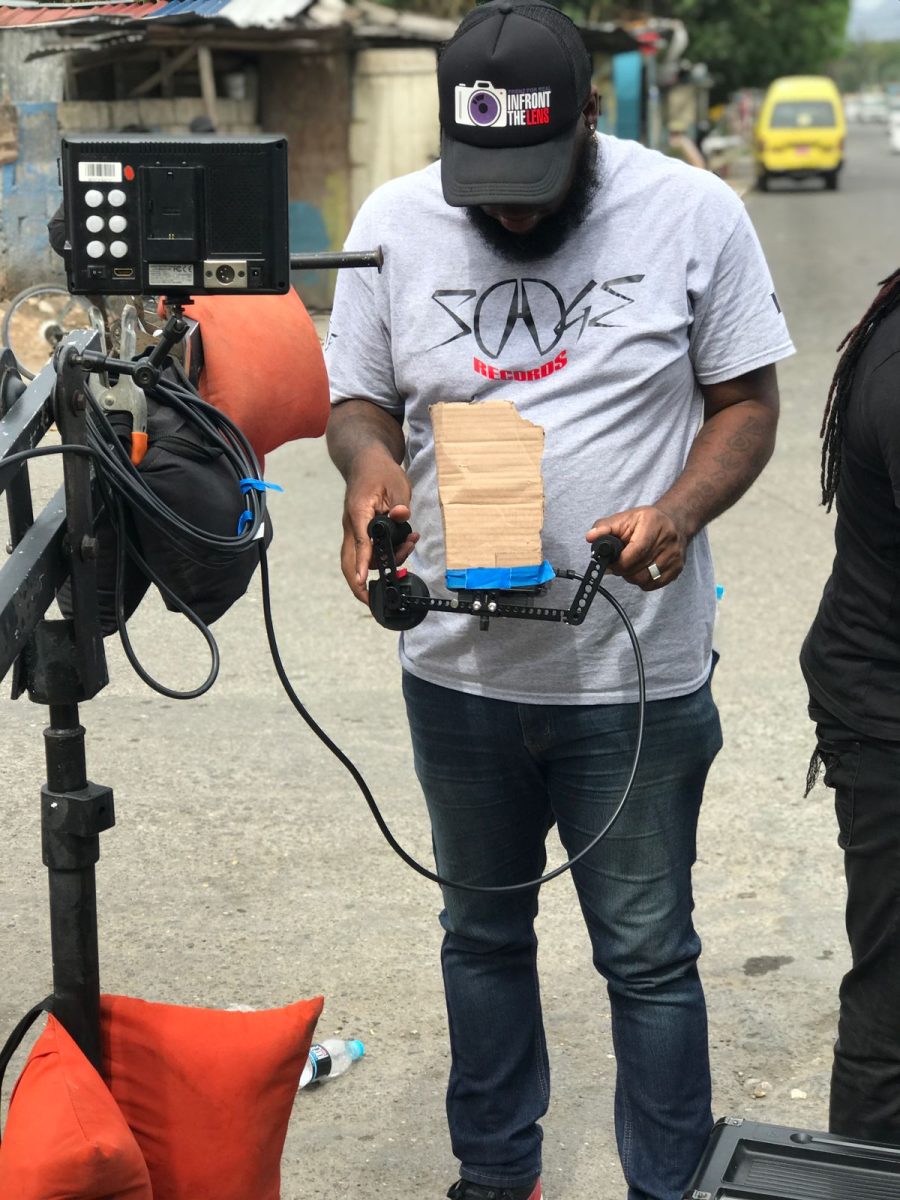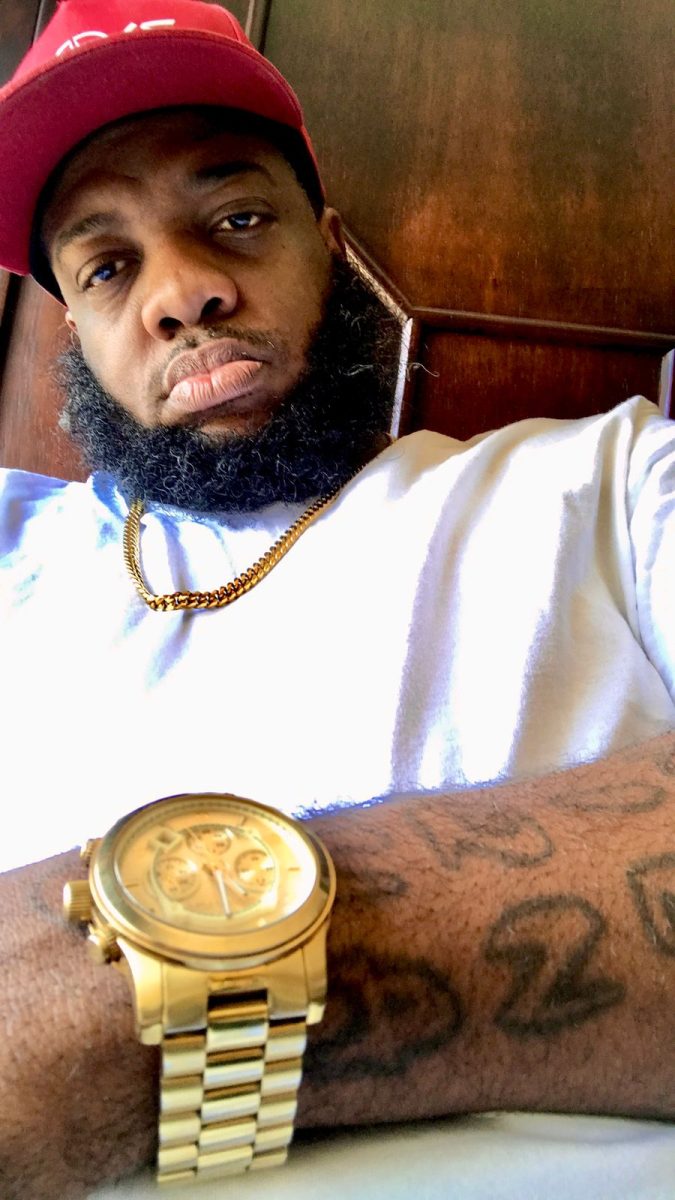Music Video Director Banks Speaks On Challenges In Dancehall, Reggae

Jamaican music video director Banks Films, whose real name is Don McGregor, is concerned about the contemporary practices in video productions, which he claims threaten the integrity and legacy of high-quality visuals in an industry that he described as competitive and unregulated.
The director, who has worked on some of Dancehall and Reggae’s biggest visuals, including Shabba Mada Pot, Chinese Jordan and Fall in Love, cautioned that music videos should not be undervalued and should be shot professionally to avoid disseminating subpar visuals.
“Music videos can add a lot of value and sometimes it can take away from the artist. In the day and age that we live in now, a visual I would say is very important because people tend to gravitate to a song based on what they are seeing,” he said.
He added, “so a person may like a song but when they see a video there becomes more of a mental attachment through the visuals…even though for something that will last a lifetime for generations to come it’s so undervalued to me. Artists will try to get me to shoot for little and nothing with the product being something that can never die, so when mi dead and gone these images will still survive yet some artists want to pay the least amount of money for something that stays forever. I still can’t understand that. People hate to pay for visuals not thinking that this will surpass generations to come.”
At the same time, while he holds steadfast that music videos are integral, he admitted that the attention span of consumers is fleeting.
“Even though I feel like the human race attention span is as short as it has ever been and I don’t think that is a good thing. I also think artists should not rush to get videos out because of the fact that they will last a lifetime. I realise that people a fight fi put out tonnes of music not realizing that t his music you are putting out in mass is not resonating so it will be hot now but it won’t register years from now,” he shared.
“And this is why we have so many popular old hits parties from a time of 70s, 80s, 90s that we always have a crowd over these recent generation of music and the visuals from those songs play in your mind while you a sing the song, very valuable but we just need to put more effort into the videos these days. All a the artiste dem wah do the same thing,” he added.
He also advised that artists should be patient and work alongside their music video directors.
“We need to put more effort in our videos. The artist dem jus wah do the same thing. Dem no wah siddung and collaborate with a director and see what dem can do different and just brainstorm and brainstorm and see what they can do differently,” he said.
He revealed differences in working relationships with established artists versus some upcoming talents.
“You have some household artistes that allow you to do what you want because they realise that this is a whole different creative section in the creative process so they don’t shadow the director, they allow the director to work. They take instructions better typically and allow the director to work,” he said.
“I think if more directors get to shoot what they want too things can turn around,” he added.
“Mi always grudge artists who mek the director do what him wah do and you find that some of those videos are the best out there,” he exclaimed. “I have ideas that I want to shoot forever since but no artiste will allow me especially when dem a pay you the likkle weh dem say dem have, it’s a weird industry,” he said.
There is also the challenge of one person wanting to do everything themselves he revealed.
“You find more and more these days everybody waah do everything. So, an artiste also waah direct him own video so him want him name pon everything. You even have artistes who buy their own equipment to try and convince you to shoot fi likkle and nothing,” he said.
Banks also revealed that some rules of thumb that were sacrosanct in the past have been supplanted by contemporary practices that were once frowned upon.
“There were once rules in music videos that weren’t broken but nowadays anything goes,” he revealed.
“In video production you would try your hardest to not let the light be seen, you would try your hardest to hide shadows, you would try your hardest to not let things from the production be seen, cables and all of that. That don’t matter now. Yuh put a light anyweh inna any shot because you haffi go wid weh dem a look fah but mi still try to stick with my line of shooting which is clean nice shots weh you can still see wha a gwaan. I tell a story with my shots and not with effects or quick cut as best as possible,” he said.
The non regulation of the industry also lingers teething pains.
“No sah, music video production inna Jamaica is not regulated, anybody can do anything. The rules we used to follow are not there anymore and if you want t o stay relevant you’re going to have to go with the flow,” he argued.
He admitted that many music videos that are shot using shortcuts may be accepted locally but frowned upon internationally.
“If you want your video to be recognized outside of Jamaica it cannot be shot like that, the flashy things especially with the language barrier, you’re going to have to shoot longer scenes and tell a story and not just the flashy cuts…things weh a flash inna trap dancehall or hardcore dancehall people hardly a ketch unless dem go do them research,” he pointed out.


